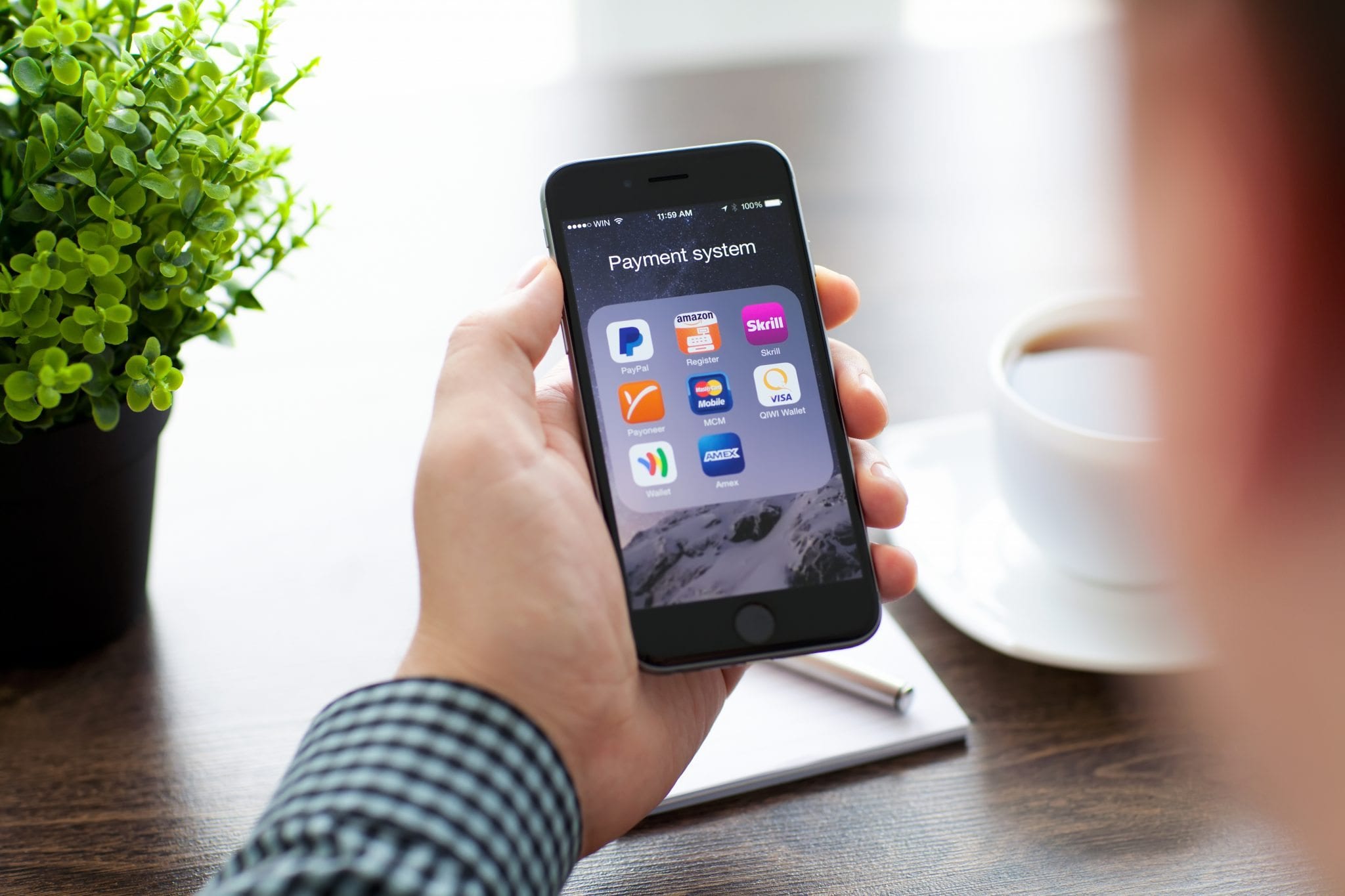
Why Isn’t Everyone Jumping On The Learning Technology Bandwagon?
The average human resources professional in the past 24 months has been inundated with offers by suppliers of learning technologies to create apps for virtually every aspect of their business.
Most of us are intrigued especially by the concept of using mobile technology to provide more effective training for our staff.
And yet, despite all the publicity and push surrounding the development of such programs, according to the report The Mobile Landscape 2015: Building Toward Anytime, Anywhere Learning, just 34 percent of American organizations have actually got any form of mobile learning programs up and working.
Why is there a huge gap between what we are interested in and what we are actually doing?
It’s not that most of our employees aren’t clamoring for it. Many of them are: they want to do everything on their mobile devices.
But implementing learning technologies into your organization is not a straightforward process. There are a lot of things to consider and often the issues are mired in jargon and complexity. Rather than make the wrong move, we make no move at all.
There are two major complications right off the starting point:
- There is a huge range of mobile devices out there and it seems most of our employees all have different ones with different operating systems, such as iPhones or Androids, for example. Even if you get a handle on all of these devices, they are changing so rapidly that it feels as if the information you collected last week is already out of date.
- There is an additional challenge to create a learning experience that will be consistent across all these devices for all employees, and one that can evolve and change rapidly as your corporate methods of doing things change.
If you wrestle those two giants into a workable position, you have another mega-decision awaiting you.
Do you opt to develop native apps or mobile apps?
A native app is one that has been built for a particular device or operating system, like an iPhone or an Android. Proponents believe that it provides the richest user experience and it gives your company or organization the most control over the look and feel of the learning experience.
A big advantage of the native app is that it can often be created to work when the mobile device is not necessarily connected to the Internet.
The downside is that it can be expensive to build and you may have to develop a different version to work on each device. The cost can skyrocket rapidly.
The mobile app works on just about any mobile device as long as it is connected to the Internet, on the other hand. Another plus is that it doesn’t need to be downloaded or installed. It is less to build than the native app.
The downside is that is has less functionality and the issue of having Internet access at all times can be prohibitive.
There are also more security issues associated with it. Lots of people misplace or lose or even loan their mobile devices and they are rarely password protected. If your app details instructions on how to use patented corporate equipment, for example, the data could more easily fall into a competitor’s hands.
Then there are the labor issues that surround the development of learning technologies. For example, your mobile apps, if used for training employees, must also have content that complies with the Americans with Disabilities Act.
At this point learning technologies are most commonly used to support the sales department and they require access to the Internet to use. But all indications are that the whole idea is gaining in popularity and in 2016 will likely be greatly expanded with more than half of the companies surveyed for the mobile landscape report indicating they planned to move in that direction.

.svg)








Leave a Reply